A labeled programme
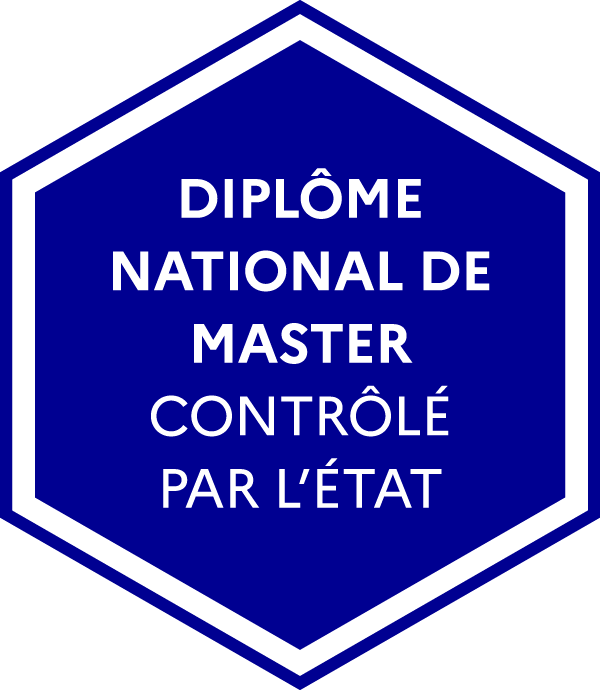
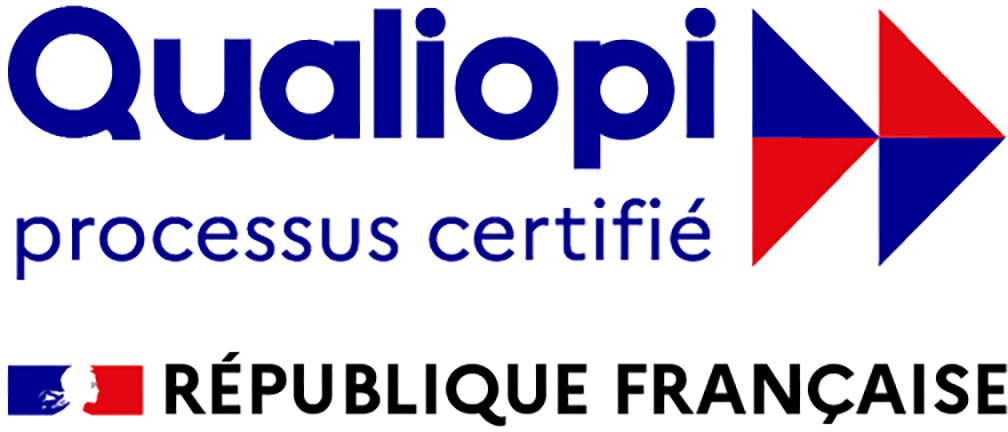
Go to content Navigation Direct access Intranet/ENT
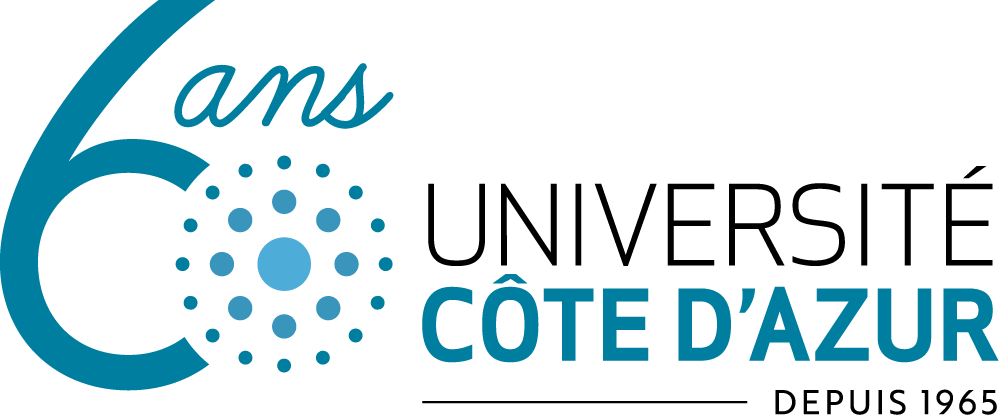
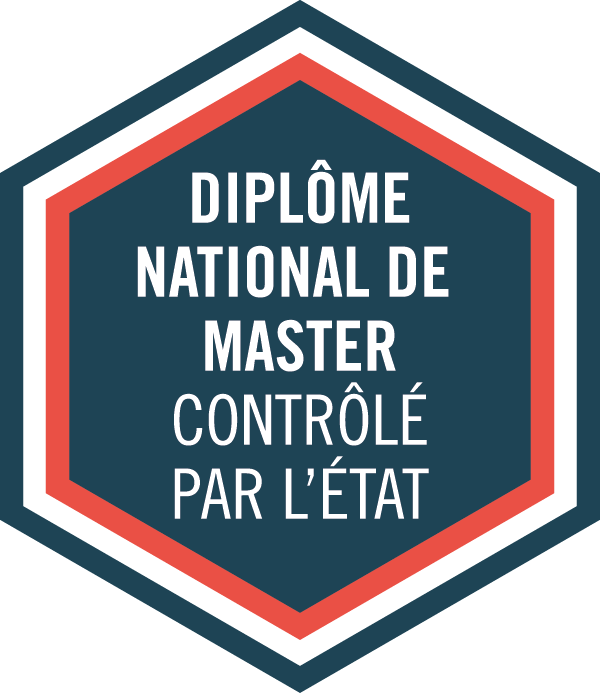







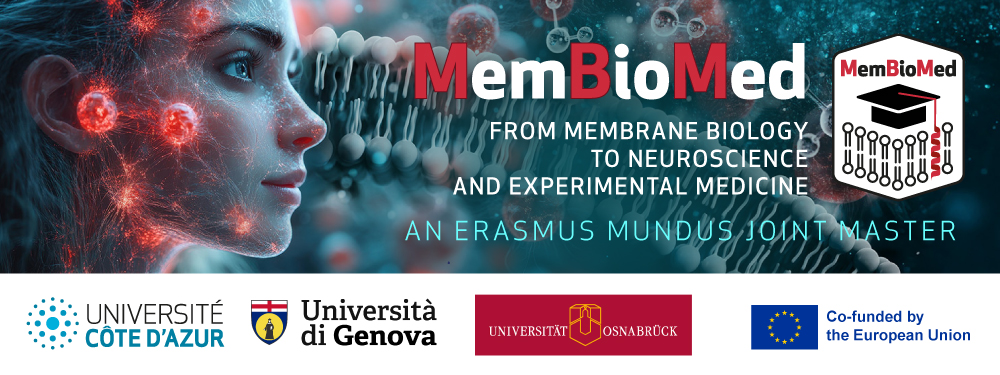
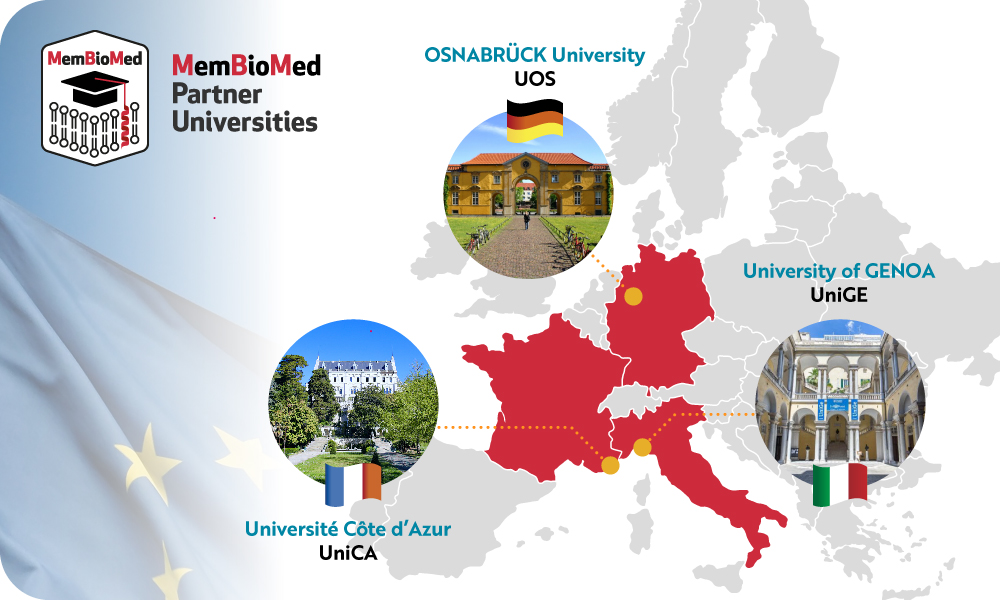
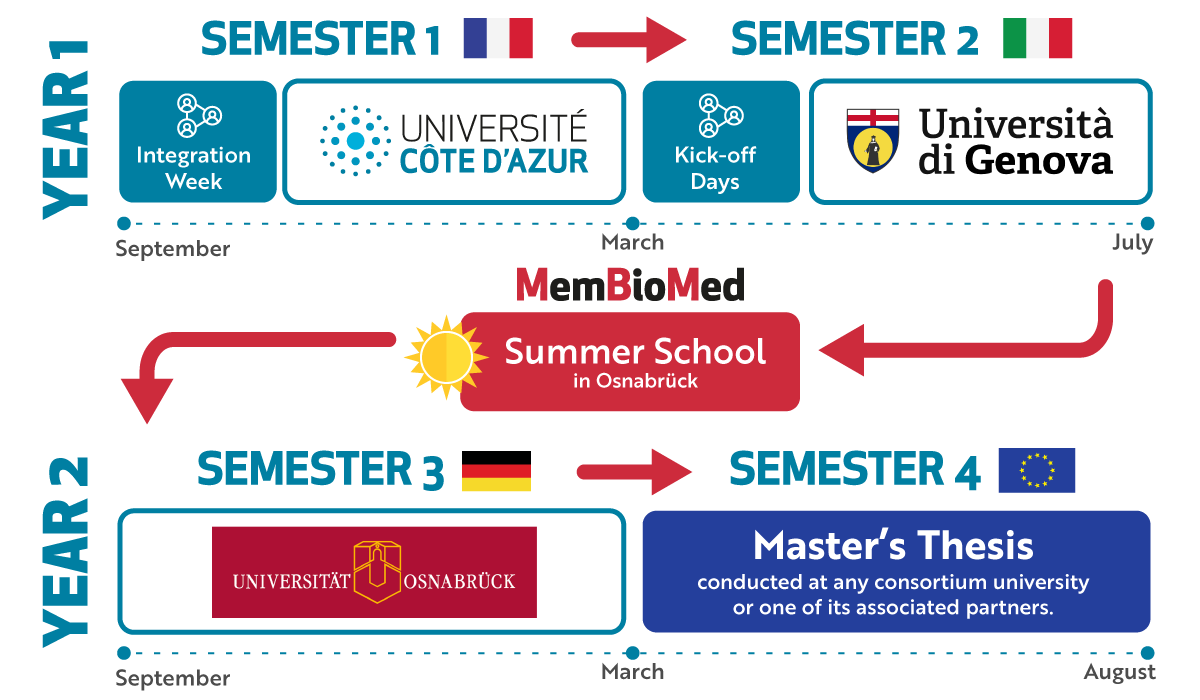
| Professionnal Integration rate¹ | Data not available for this programme |
| Completion rate² | Data not available for this programme |
| Satisfaction rate³ | Data not available for this programme |
¹Master Life Science 2022 data, 6-month survey - Source: OVE IP
²Master Life Science 2022 data, Source: Scolarité Valrose
³Master Life Science 2022 data, even semester - Source: MEAV



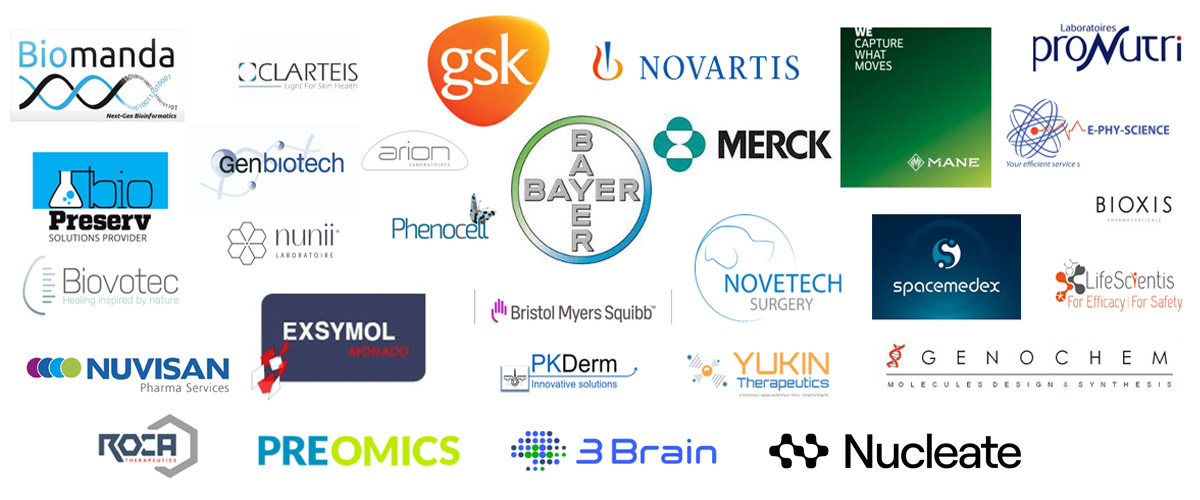

Prospective students will submit their application through a dedicated online platform.
Prospective students will submit their application through a dedicated online platform. The application form must be completed in English and the following documents, which must be translated into English, must be uploaded:
Interviews will be conducted via video conferencing by at least three evaluators and should last for about 20 minutes. During the interviews, candidates will be assessed on common criteria:
The academic programme is based on three existing, successful national master programmes in UniCA (France), UniGe (Italy) and UOS (Germany). In each of these master's programmes, we find the main aspects of membrane biology, but none covers all aspects of membrane biology to train the most highly qualified international specialists in the field of biomembranes. Building on our synergistic strengths, we have defined a common core of knowledge and strengthened these skills by refining the content of the programme to reflect current trends and advances in industry.
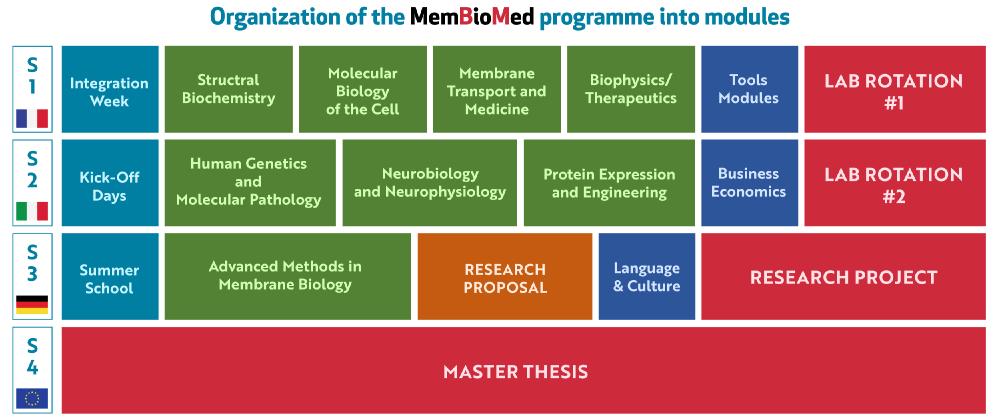
Students will follow a unique learning path:
All modules are designed in accordance with the ECTS System (European Credit Transfer and Accumulation System) and national regulations. HEIs partners accept differences in national and/or local regulations among the Partner Institutions concerning awarding ECTS credits and they recognize the number of ECTS credits awarded by other HEIs in the Degree Programme without further conversion. All grades shall be converted and recognized in conformity with a conversion table for grades. The credit transfer process involves the sending of student marks by the partner universities attended per semester to the MemBioMed Coordination Office (MCO). The MCO, upon approval by the MemBioMed Management Board (MMB), incorporates converted scores into an official transcript of records for students. The MCO handles administrative procedures for ECTS recognition among participating HEIs, allowing the local Master diploma to be awarded. After obtaining all required credits and successfully defending the Master Thesis, official diplomas and diploma supplements are issued by the relevant HEIs and the MCO. Each Full Partner issues transcripts of records for students at their university at the end of each semester, sending them to the next institution and the Coordinator Officer for database recording. All grades shall be converted and recognized in conformity with a Conversion Table for the Consortium.
Students must comply with the examination regulations and criteria of the HEI where they attend the teaching modules. HEIs partners are responsible for organizing and conducting examinations and assessments in accordance with the policies and procedures in place at the HEIs. At the end of each academic year, the Selection and Examination Committee (SEC) will review the study performance status of each student and will advise on continuation of the programme in accordance with the regulations at each university. Students should have validated 60 ECTS credit points in the first year to be accepted in the second year. Students with very weak study performance may lose their scholarship or may be advised to end their study. Students who quit the programme early but have successfully completed courses will get a certificate stating the courses for which they have earned credits.Students who do not complete the study programme by the end of the timeframe defined in the student agreement (two years), may, upon approval of the MMB, still enrol for a third year. In case a student does not complete the programme after an additional third year, this student will no longer be allowed to participate in the programme. In this case, the student will receive an official transcript listing the courses for which he/she has obtained credits.
The examination regulations of each higher education establishment can be consulted by clicking on the links below:
After having completed the internship and research project, students will write a short report on their experience, work tasks, and learning outcomes. The internship/research project supervisor shall fill in a form about the student´s performance and contribution. These documents will be evaluated by the local coordinating team as part of the Quality Assurance. Students will participate in a virtual internship seminar and discuss their work experiences in order to maximize knowledge exchange about possible career outlets for students. Associated partners, guest lecturers or invited scholars may participate in these seminars as experts in the field who provide additional advice and guidance.
A number of instructions have been established for the conditions of retaking process for the final master examination, including the conditions for rescheduling, provisional validation of corresponding mobility, and final validation upon successfully passing the exam, as well as the exception for students in the last intake of the programme. These instructions are as follow:
Participation costs will be paid to Université Côte d'Azur and will cover local tuition fees, student insurance and joint education activities.















